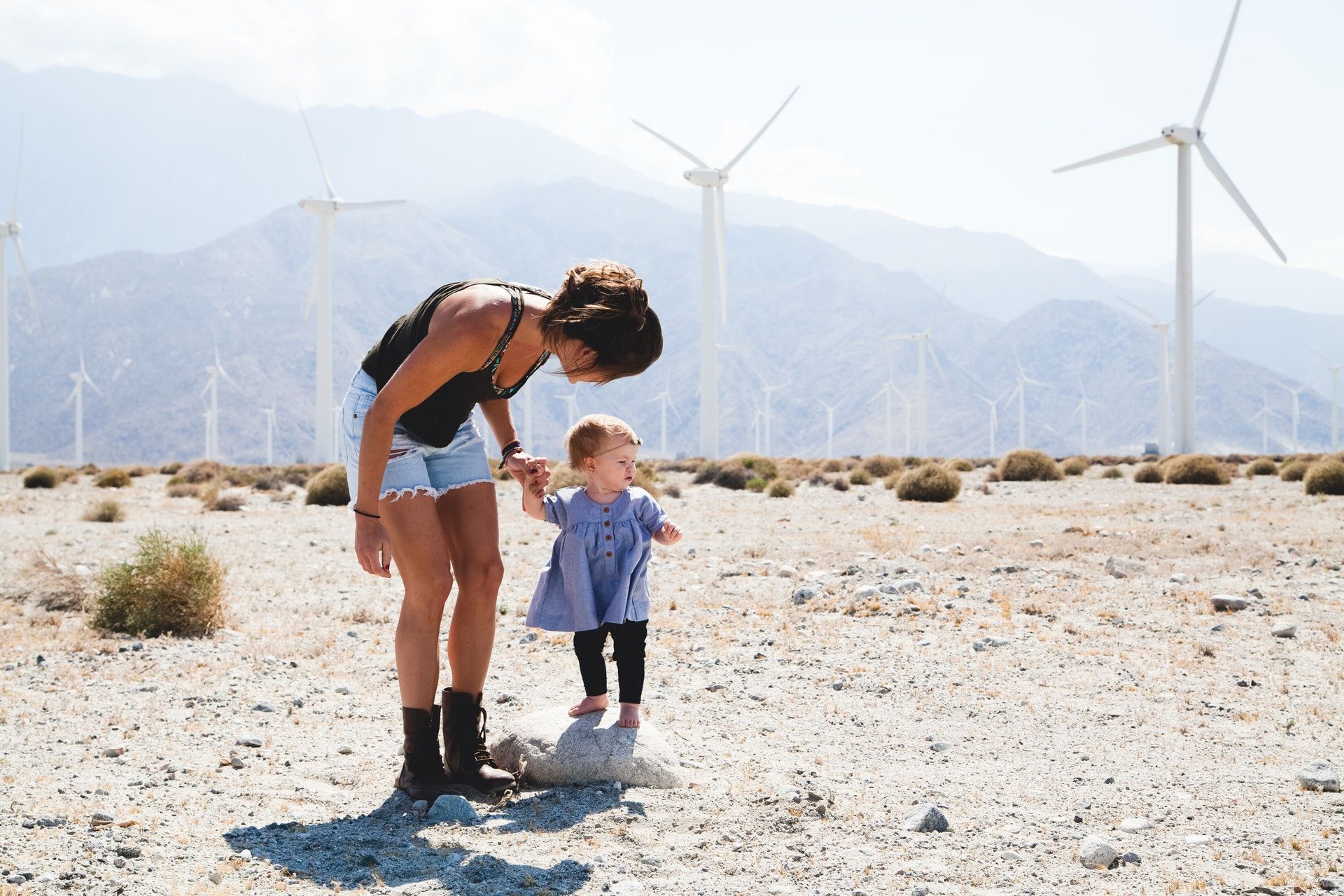Climate Emotions: Helpless Or Hopeful?

With the recent IPCC warning that we may have perhaps a dozen years before we encounter severe and irreversible impacts of climate change, it comes as little surprise that a recent survey* in climate communications research indicates 7 in 10 people in the U.S. are concerned about global warming, with a third of them “very worried.” About half of those surveyed have personally experienced its effects in their own lives and believe others in the US are being harmed as well.
As science communicators, we may have had years to consider the catastrophic consequences of global warming. But for those who are just beginning to realize that “this is real, this is now”, what are the psychological impacts?
The same survey* indicated that people are more or less evenly split between feeling helpless and feeling hopeful. I encountered similar attitudes when I recently participated in a focus group with other students at The London School of Economics and Political Science, where we explored the ways we connect with and see ourselves in relationship with nature. It didn’t take long for the conversation to turn to climate change. Participants reported feeling overwhelmed, frightened and uncertain, but at the same time they felt a deep responsibility to future generations and to other species.
The good news is that, as climate communicators, our work is having a clear impact: Yale and George Mason University researchers* found that a significant portion of those who have changed their mind about climate change have done so because they have become more informed and are taking this challenge more seriously. However, we also need to be aware of the different ways individuals may be processing what could be new and frightening information.

So how do we convey the significance and urgency of climate change in a way that will leave our audience hopeful and inspired to act, rather than overwhelmed and discouraged? Fortunately, the behavioral science-based communications resources developed by Frameworks Institute and taught through the National Network for Ocean and Climate Change Interpretation (NNOCCI) provide critical insight.
When we use shared values like “protection” or “responsible management” as the lens through which we approach this topic, we keep the narrative focused on why action matters and help to prime a civic mindset that encourages people to think as citizens. Acting together, we can support community-level solutions that are bigger, bolder, and more meaningful than what any one of us could accomplish alone.
As communicators, we can encourage engagement behaviors that will help our audiences connect with other likeminded people in their community. We can also use specific examples of the impacts we’ve already seen from inspirational environmental movements, both past and present, to help people understand how our actions today can have a lasting impact on generations to come. Starting these values-based, solutions-focused conversations spreads the hope we need for swift and effective climate action in our communities.
More Blog Posts
 The Science of ExtremesThe Science of Extremes by Richelle Tanner, July 13 2021 Extreme is a word that can send a climate communicator directly into the swamp: the word extreme is inherently a bit alarming, and vague enough to warrant a multi-sentence qualification when you use it. Even scientists disagree on what this word means and in which context it is appropriate. [READ MORE]
The Science of ExtremesThe Science of Extremes by Richelle Tanner, July 13 2021 Extreme is a word that can send a climate communicator directly into the swamp: the word extreme is inherently a bit alarming, and vague enough to warrant a multi-sentence qualification when you use it. Even scientists disagree on what this word means and in which context it is appropriate. [READ MORE] Communicating in the Swamp: How to Navigate Public Thinking About Climate and Ocean ChangeCommunicating in the Swamp: How to Navigate Public Thinking About Climate and Ocean Change July 22 2016 This is the first in a series about framing ocean and climate change. When people think about oceans this summer, they might think of a good vacation spot—a place to spread out the beach towel, pop up the umbrella, and relax under the sun as [READ MORE]
Communicating in the Swamp: How to Navigate Public Thinking About Climate and Ocean ChangeCommunicating in the Swamp: How to Navigate Public Thinking About Climate and Ocean Change July 22 2016 This is the first in a series about framing ocean and climate change. When people think about oceans this summer, they might think of a good vacation spot—a place to spread out the beach towel, pop up the umbrella, and relax under the sun as [READ MORE] Cut through Confusion with Appeals to Protection and ResponsibilityCut through Confusion with Appeals to Protection and Responsibility September 07 2016 This is the third in a series about framing ocean and climate change. Advocates and experts are familiar with common—but often untrue—tropes about our environment. How can we cut through them and communicate in a way that deepens understanding about the complex [READ MORE]
Cut through Confusion with Appeals to Protection and ResponsibilityCut through Confusion with Appeals to Protection and Responsibility September 07 2016 This is the third in a series about framing ocean and climate change. Advocates and experts are familiar with common—but often untrue—tropes about our environment. How can we cut through them and communicate in a way that deepens understanding about the complex [READ MORE] Thinking Bigger On SolutionsThinking Bigger On Solutions by Allison Arteaga, February 28 2020 We all know that we need big, systems-level change in our society in order to address climate change and create a better future. This requires high-impact collective actions that create change at the cultural and public levels by bringing people together (Frameworks). The challenge [READ MORE]
Thinking Bigger On SolutionsThinking Bigger On Solutions by Allison Arteaga, February 28 2020 We all know that we need big, systems-level change in our society in order to address climate change and create a better future. This requires high-impact collective actions that create change at the cultural and public levels by bringing people together (Frameworks). The challenge [READ MORE] IPCC Communications Tips for ScientistsIPCC Communications Tips for Scientists Allison Arteaga, February 07 2018 In late January, ahead of the anticipated release of a new IPCC report later this year, the Intergovernmental Panel on Climate Change (IPCC) released a new handbook for their scientific authors on how to more effectively engage the public and communicate about climate change [READ MORE]
IPCC Communications Tips for ScientistsIPCC Communications Tips for Scientists Allison Arteaga, February 07 2018 In late January, ahead of the anticipated release of a new IPCC report later this year, the Intergovernmental Panel on Climate Change (IPCC) released a new handbook for their scientific authors on how to more effectively engage the public and communicate about climate change [READ MORE]